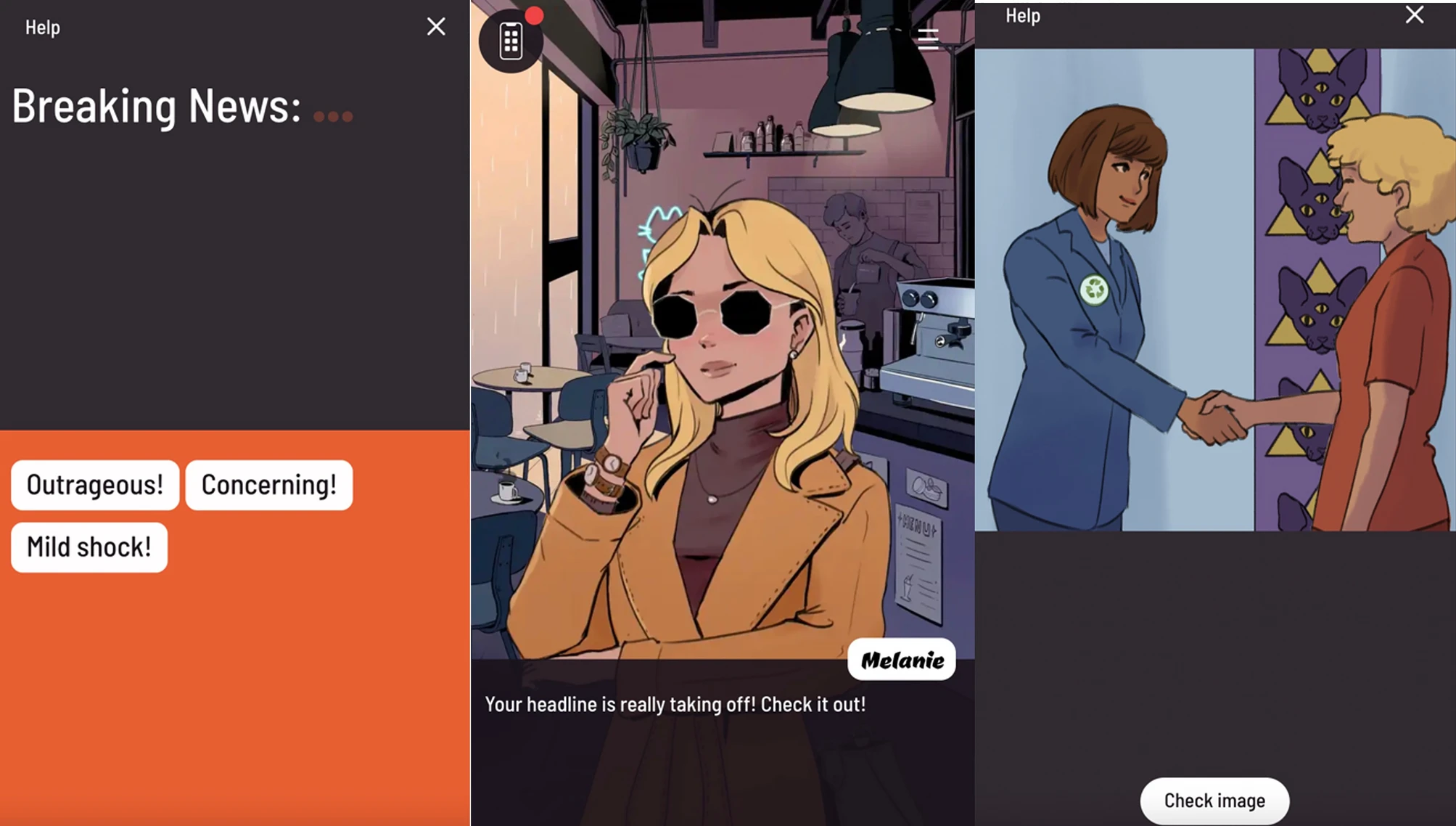Another vaccine RFK Jr. doesn't like
Oxford University
The study, published in Nature Communications,
explores how different approaches, including text-based messages, videos, and
online games, can inoculate people against misinformation. The researchers from
the Universities of Oxford, Cambridge, Bristol, Potsdam and King’s College
London conducted five large-scale experiments with over 11,000 participants to
examine the durability of these interventions and identify ways to strengthen
their effects.
The research team tested three types of
misinformation-prevention methods:
• Text-based interventions, where participants read
pre-emptive messages explaining common misinformation tactics.
• Video-based interventions, short educational clips that
expose the emotional manipulation techniques used in misleading content.
• Gamified interventions, an interactive game that teaches
people to spot misinformation tactics by having them create their own
(fictional) fake news stories in a safe, controlled environment.
Participants were then exposed to misinformation and evaluated on their ability to detect and resist it over time. The study found that while all three interventions were effective, their effects diminished quickly over time, prompting questions about their long-term impact.
However,
providing memory-enhancing “booster” interventions, such as a follow-up
reminder or reinforcement message, helped maintain misinformation resistance
for a significantly longer period.
The study found that the longevity of misinformation
resistance was primarily driven by how well participants remembered the
original intervention. Follow-up reminders or memory-enhancing exercises were
also found to significantly extend the effectiveness of the initial
intervention, much like medical booster vaccines.
By contrast, the researchers found that boosters that did
not focus on memory, but rather focused on increasing participants’ motivation
to defend themselves by reminding people of the looming threat of
misinformation, did not have any measurable benefits for the longevity of the
effects.
Lead researcher Dr. Rakoen Maertens from the University of Oxford’s Department of Experimental Psychology, said:
'Misinformation is a persistent global challenge, influencing everything from climate change debates to vaccine hesitancy. Our research shows that just as medical booster shots enhance immunity, psychological booster shots can strengthen people’s resistance to misinformation over time. By integrating memory-boosting techniques into public education and digital literacy programs, we can help people retain these critical skills for much longer.'
Professor Stephan Lewandowsky, Chair in Cognitive Psychology at the University of Bristol and a co-author of the study, emphasised the generality of the findings. He said:
'It is important that the effects of the inoculation interventions were nearly the same for videos, games, and text-based material. This makes it much easier to roll out inoculation at scale and in a broad range of contexts to boost people’s skills in recognizing when they are being misled.'
The study highlights the urgent need for scalable and more
durable misinformation interventions and highlights the importance of
collaboration between researchers, policymakers, and social media platforms to
integrate these insights into public information campaigns.
The study ‘Psychological Booster
Shots Targeting Memory Increase Long-Term Resistance Against Misinformation’
is published in Nature
Communications.
